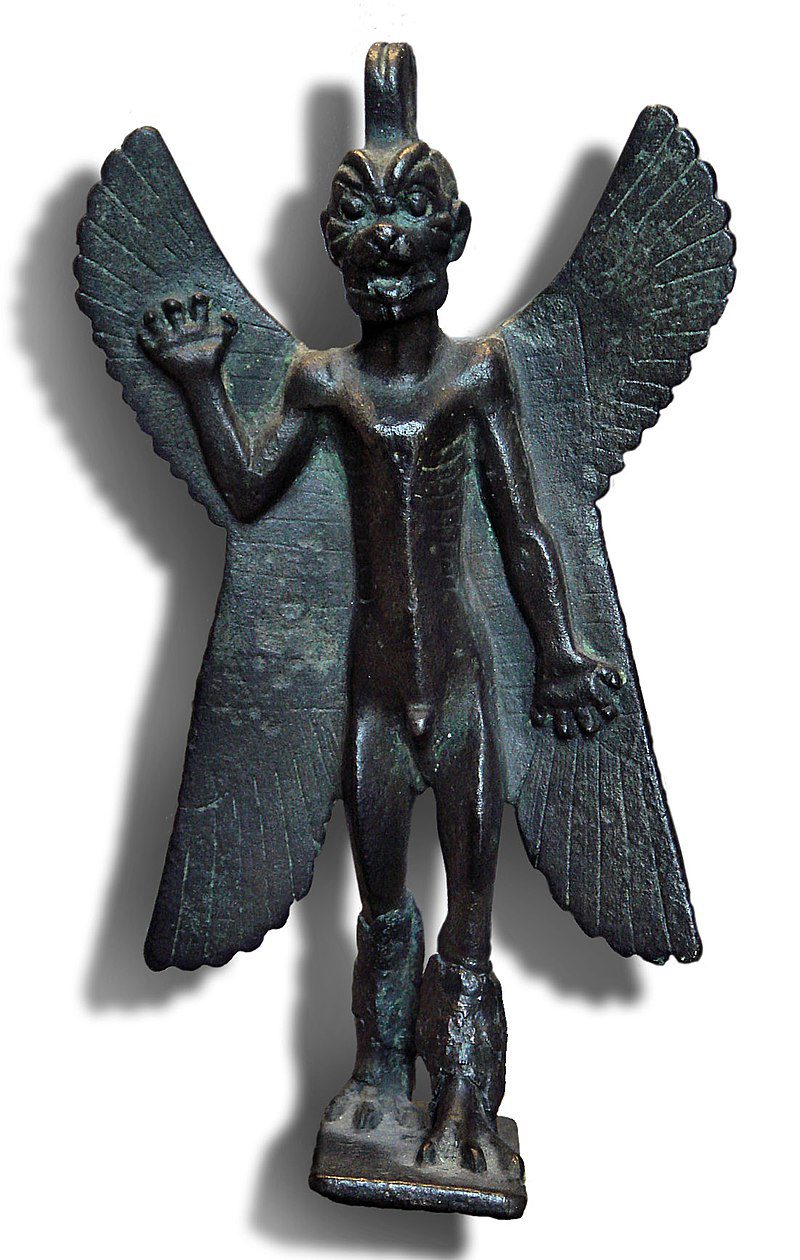The concept of supernatural beings, specifically angels and demons, is prevalent across many religions, and each religion has its unique portrayal of them. In Christianity, angels are depicted as God’s messengers and servants, while demons are seen as fallen angels engaged in evil deeds. Islam considers angels to be God’s messengers, while demons are known as jinn and believed to whisper evil thoughts into humans’ minds. Hinduism, on the other hand, sees devas as celestial beings responsible for maintaining the universe, while asuras are associated with chaos and destruction. Angels in Judaism are messengers who carry out God’s will, whereas demons are destructive forces causing suffering and chaos. Buddhism, though not featuring angels and demons, believes in devas and asuras as beings subject to karma, reincarnation, and impermanence. Despite the different portrayals, all religions emphasize the eternal struggle between good and evil.
The Duel of the Supernatural: Angels vs. Demons across Religious Traditions
Throughout history, humans have believed in the existence of supernatural beings – angels and demons – that possess powers beyond the natural world. These beings have been depicted in various works of art, religious texts and folklore. Many religions have their own version of these beings, each with unique characteristics and purposes. However, the most common perception of angels and demons is that they are opposing forces engaged in a constant battle for the souls of humanity. Let us explore this age-old conflict by looking at how angels and demons are portrayed in different religious traditions.
Christianity
In Christianity, angels are depicted as God’s messengers and servants who are created to do his will. They are often portrayed as beings of light with wings and halos. Angels are believed to help people in their times of need, protect them from harm, and guide them on their path towards salvation. The Bible refers to the Archangels Michael and Gabriel, who are considered to be the most powerful and revered of all the angels.
On the other hand, demons are considered to be fallen angels who have rebelled against God and are now engaged in evil deeds. Satan, also known as the devil, is the leader of the demons and is portrayed as a malevolent being who seeks to lead people astray and turn them away from God. Demons are associated with temptation, sin, and chaos, and are believed to be responsible for the suffering and evil in the world.
Islam
In Islam, angels are considered to be God’s messengers who carry out his divine commands. They are also guardians of the soul and protect humans from harm. The Archangel Gabriel is said to have brought the revelations of the Quran to the Prophet Muhammad. Angels are considered to have no free will and obey God without question.
In Islam, demons are referred to as jinn, supernatural beings created from smokeless flames. Jinn can be good or evil and have free will, unlike angels. The evil jinn are called shayateen and are believed to harm humans by whispering evil thoughts into their minds. The Quran mentions the story of Iblis, a jinn who refused to bow down to Adam and was banished from heaven for his disobedience.
Hinduism
In Hinduism, angels, or devas, are celestial beings who are responsible for maintaining the universe. They are believed to possess supernatural powers and are often depicted with multiple arms and animal companions. The devas are associated with cosmic order, light, and knowledge. The most popular devas are Brahma, Vishnu, and Shiva.
Demons, known as asuras, are associated with chaos and destruction. Unlike Western perceptions of demons, asuras are not always depicted as evil, but rather seen as opposing forces to the devas. Asuras are believed to be powerful beings who possess immense knowledge and abilities, but are often corrupted by their own pride and ego. The most famous asura is Ravana, the ten-headed king of Lanka, who was eventually defeated by the god Rama.
Judaism
In Judaism, angels are referred to as mal’akhim, meaning “messengers”. They are believed to be servants of God who carry out his divine will. Angels are not described with wings in Jewish tradition, but are often depicted carrying a fiery sword. The most famous angel in Jewish tradition is the Archangel Michael, who is believed to have led the angels in battle against Satan.
In Jewish tradition, demons are not seen as evil entities, but rather as destructive forces that cause suffering and chaos. The Talmud mentions the lilin, female demons who are believed to harm humans and children while they sleep. However, demons are not considered to be oppositional to God, and are often seen as mere distractions from the worship of God.
Buddhism
Buddhism has a unique perspective on supernatural beings. While there is no concept of angels or demons in Buddhism, there are beings known as devas and asuras. Deva translates to “shining one” and refers to celestial beings who live in heavenly realms. Asuras, on the other hand, are beings associated with power and strength, but are often portrayed as engaged in constant conflict with each other.
The Buddhist perception of supernatural beings is different from other religious traditions in that these beings are believed to be bound by karma, reincarnation and impermanence. They are not omnipotent or immortal, and are subject to the same suffering that humans experience.
Conclusion
The conflict between angels and demons is a pervasive theme in religious traditions across the world. While the specific characteristics and roles of these beings vary from one religion to another, the underlying message is clear – the struggle between good and evil is a universal one. Regardless of which religious tradition one identifies with, the ultimate goal is to strive for righteousness and resist the temptation of evil.
